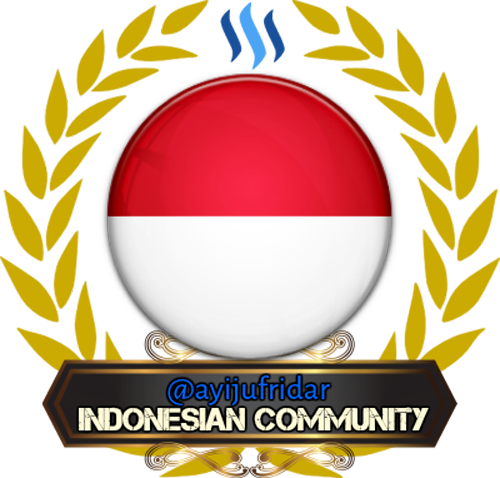Tie the Ideas and Inspiration with Poetry: Writing |
Every moment and every day is full of the meaning, full of inspiring events. But humans are creatures of routines and routines are fertile ground for boredom and arid lands for inspiration that need variations and unexpected surprises.
An idea or inspiration sometimes comes in the form of a momentary eruption that can disappear in an instant. An event that is full of meaning, may be attached to the heart but is free from memory a day later. Even if there are parts left, sometimes they are only pieces of fact in a vague picture—if not a dubious picture. A month goes by, the picture is released from memory, especially if the ideas and inspiration are obtained from a dream. Shortly after it happened, the dream immediately forgot.
As Ali bin Abi Talib said, tie science by writing. Binding ideas every day can also write poetry. Every event that inspires the heart and mind, is poured in the form of poetry. Every diction has a deep and long meaning. One word has a thousand meanings. Perhaps it represents a chapter of the story.
One diction becomes a red carpet for fragile memories. He is the lighter to burn the entire construction of an inspiring event. Like a piece of puzel, finding the right diction is an attempt to get the puzel to gather together again an idea, an event. Maybe not exactly the same thing, but it could be that an idea reconstructed from a poem will be beautiful when it is poured into a piece of writing. It does not matter if there are facts that are lost or distorted, because we are not writing a biography.

But, I'm not a poet!
Everyone can write, but not everyone can write poetry. I am also not a poet although I often write poetry and more often after having an account at Steemit.
The poetic verse is built with denotative meanings (true meanings) and connotatives (figurative meanings). Many theories write poetry, but I rarely read them. The way to learn to write poetry in my opinion is to directly write it. Does the poem have a deep, dry, chaotic diction, I have never confused it. It could be that the meaning of a poem in the reader's mind will be different from the meaning intended by the author. That is not a problem either because everyone is free to translate meaning according to their own experiences, moods and thoughts.
Three benefits
Binding the day with poetry has at least three benefits. First, to bind important ideas or events so as not to be separated from the roots of memory. Second, all learn to write poetry and choose the right diction for meaning. And thirdly increase vocabulary. To multiply these three benefits, writing poetry must also be supported by poetry reading activities.
One day, one poetry
I have learned to write poetry from several poets, both directly and through his work. One poet whom I consider a teacher is Sulaiman Juned, PhD, an Aceh poet who is now a lecturer at the Indonesian Institute of Art (ISI) Padangpanjang, West Sumatra. When Bang Soel (his nickname), still lived in Banda Aceh (Indonesia), I had a ride in his boarding house and that's where the learning process took place.
"Learn to write poetry every day and get inspiration from anywhere. If you can, even passing chickens can be an idea to write poetry. "
That is extreme advice that I still remember today. The teacher writing my poem was indeed great, but I was a student who failed.
If just a chicken passing by can be an idea, then how many poems can be written every day. So many interesting ideas, important events that we experience, we see, we hear, we read, we feel. Even if you don't have time to tie everything together in poetry, at least one poem can be born in one day.
Started today; one day one poem, then on December 31, 2020 there were 366 (leap year) poems and every day became more meaningful while keeping him immortal in a mortal world.[]



